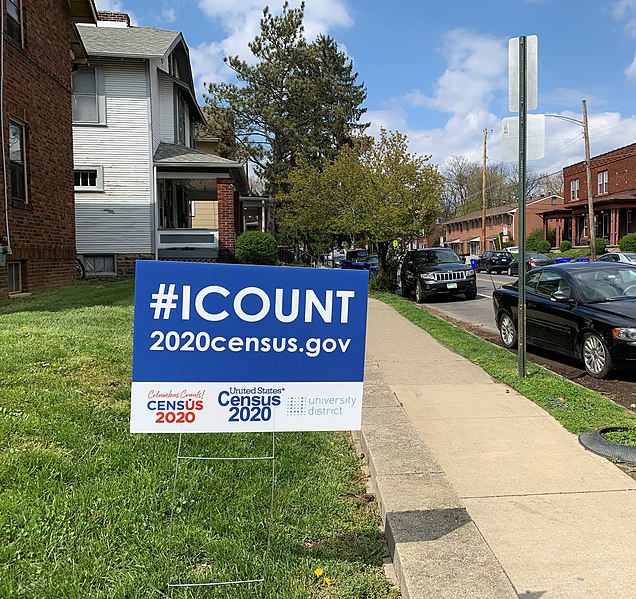- 14 3402-5578
- Rua Hygino Muzy Filho, 737, MARÍLIA - SP
- contato@latinoobservatory.org
 Foto: Blervis
Foto: Blervis
An Associated Press publication explored the implications of adding a citizenship question to the U.S. census, highlighting a recent study that indicates a possible reduction in the participation of non-citizens, especially those from Latin American countries.
This reduction can be accentuated among non-citizens who, despite paying taxes, do not have a Social Security number, which makes them more likely to not answer or to fill out the census incompletely. This situation can lead to an undercounting of these groups, resulting in significant consequences for resource distribution and political representation.
The study, conducted by researchers from the U.S. Census Bureau and the University of Kansas, also reveals that other groups, such as U.S.-born Hispanics and non-Latin American citizens, were less affected by the inclusion of the citizenship question. The publication of the article comes at a time when Republican lawmakers are pushing to include this question in the census, with the aim of excluding noncitizens from the population count used to determine the allocation of congressional seats and the distribution of federal funds. The 14th Amendment, however, requires that all persons, regardless of citizenship, be counted in the census.
The proposal to add the citizenship question to the census is seen as part of a broader strategy by Republicans to exclude noncitizens from the count used to decide the distribution of political power. In May, the Republican-controlled House of Representatives passed a bill that excludes noncitizens from the official census count, which would influence the number of seats in the House and the Electoral College votes assigned to each state.
While the bill is unlikely to pass the Democratic-controlled Senate, the House is still expected to consider another bill that seeks to omit people who are in the country illegally from the count used to redraw political districts.
During recent debates, Democratic Representative Grace Meng criticized the proposal, stating that excluding noncitizens would compromise the accuracy of the census and deprive communities of essential resources. On the other hand, Republican Rep. Andrew Clyde argued that including noncitizens in the census encourages local governments to attract illegal immigrants, thereby increasing their populations and political power.
The citizenship question in the census was already the subject of an experimental study conducted in 2019, when the Trump administration unsuccessfully tried to add the question to the 2020 census. The study showed that while the question did not significantly affect overall response rates, it could have reduced participation in areas with a high concentration of Hispanics and immigrants.











